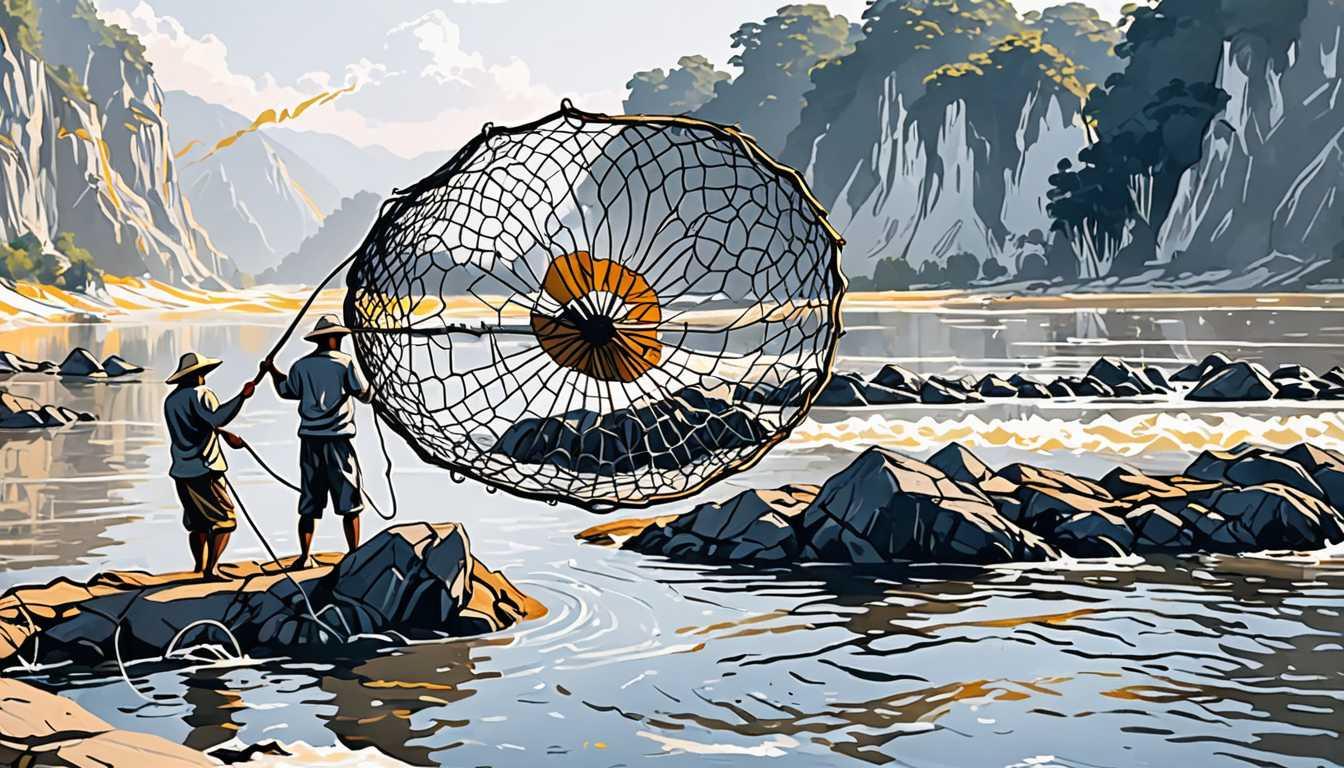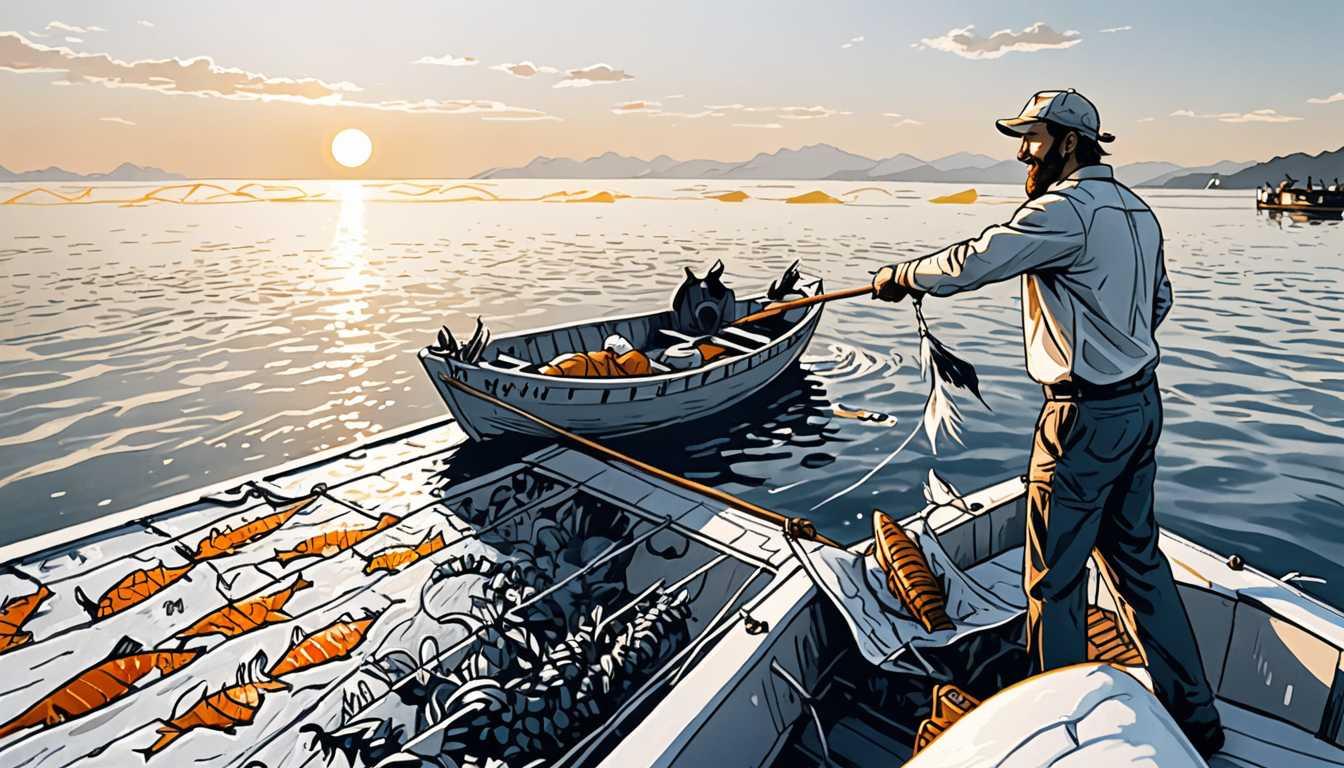Rethink Your Fish: A Healthier Swap
March 2024
University of Cambridge
Introduction
Dive into the surprising findings from the University of Cambridge, where scientists are flipping the script on our seafood diet! Ever thought the fish food could be your food too? Researchers suggest that wild fish, typically served to farmed salmon, pack a nutrient punch we're missing out on. With a mix of humor and hard facts, they reveal how munching on mackerel, anchovies, and herring could boost our health and help the planet. So, are you ready to trade salmon fillets for something wilder?
READ FULL ARTICLEWhy It Matters
Discover how this topic shapes your world and future
Diving into the Depths of Diet Diversity
Why should you care about what fish are fed to farmed salmon? Imagine if by tweaking our diet slightly, we could not only boost our own health but also take a step towards saving our oceans. This intriguing idea stems from a study suggesting that the wild fish used as feed for farmed salmon are packed with essential nutrients that often get lost in the process of farming. By incorporating more of these 'feed' fish directly into our diets – think sardines, mackerel, and anchovies – we could address common nutrient deficiencies while reducing the strain on marine resources. This concept opens up a fascinating conversation about sustainability, nutrition, and how our food choices impact the global ecosystem. It's about more than just what's on your plate; it's about the health of our planet and its inhabitants.
Speak like a Scholar
Aquaculture
The farming of aquatic organisms such as fish, shellfish, and even plants. Think of it as agriculture, but for water-dwellers.
Nutrient Density
How many essential nutrients you can get from a food item, considering its calorie content. High nutrient density means more bang for your buck, nutritionally speaking.
Sustainable
Using resources in a way that does not deplete them for future generations. It's about finding a balance that allows us to meet our needs while preserving the planet.
Omega-3 Fatty Acids
A type of fat that is crucial for brain health and reducing inflammation. They're called 'essential' because your body can't make them; you have to eat them.
Micronutrients
Vitamins and minerals that your body needs in small amounts to function properly. They're the unsung heroes of nutrition.
Cardiovascular Disease
A group of disorders affecting the heart and blood vessels. Eating the right kinds of foods can help keep your heart happy and healthy.
Independent Research Ideas
Nutritional Comparison of Wild vs. Farmed Fish
Dive into the differences in nutrient profiles between wild and farmed fish species. What makes wild fish stand out, and how can farmed fish practices be improved?
The Impact of Diet on Ocean Health
Explore how changes in human diet towards more sustainable seafood choices could alleviate pressure on marine ecosystems. It's about connecting our plates to the planet.
Innovations in Aquaculture Feed
Investigate the latest advancements in sustainable feed options for aquaculture. How can we nourish our farmed fish without harming the ocean?
Cultural Attitudes Towards Seafood Consumption
Examine how cultural preferences influence seafood consumption and how education can shift dietary habits towards more sustainable choices. It's a deep dive into the sociology of food.
The Role of Omega-3 in Preventing Disease
Unpack the science behind omega-3 fatty acids and their role in disease prevention. This project could blend biology, nutrition, and public health for a comprehensive study.
Related Articles

Feeding Futures: The Free School Meal Revolution
March 2023
University of Bristol

Small Fish, Big Benefits for Health!
January 2025
Cornell News Highlights

Future Bites: Sustainable Meat Alternatives
December 2023
Cornell University

Fish Farming: A Sustainable Amazon Solution?
February 2025
Cornell News Highlights

Blue Foods: Our Planet's Unsung Heroes
February 2023
Stanford University